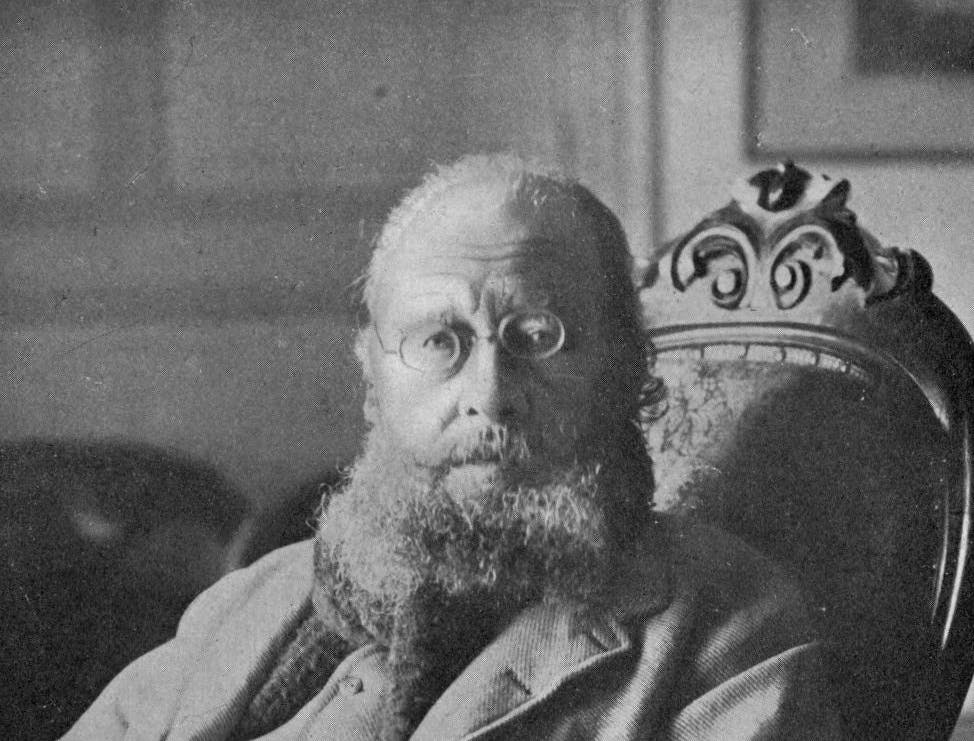Poem of the Day: ‘The Table and the Chair’
A poem to celebrate the May 12 birthday of Edward Lear, the 19th-century exemplar of nonsense.

In roughly the same era that the French poets gave us surrealism, the English poets gave us nonsense verse—and that might be the surest guide to the difference between the languages. The 19th-century exemplar of nonsense was Edward Lear (1812–1888), who wrote “The Owl and the Pussycat” and many other children’s classics. In the tetrameter couplets of “The Table and the Chair,” he paints a surrealistic scene of furniture strolling out to take the air — for no purpose other than the comedy of the language and the nonsense of the tale. A poem to celebrate Lear’s May 12 birthday.
The Table and the Chair
by Edward Lear
I
Said the Table to the Chair,
‘You can hardly be aware,
‘How I suffer from the heat,
‘And from chilblains on my feet!
‘If we took a little walk,
‘We might have a little talk!
‘Pray let us take the air!’
Said the Table to the Chair.
II
Said the Chair unto the Table,
‘Now you know we are not able!
‘How foolishly you talk,
‘When you know we cannot walk!’
Said the Table, with a sigh,
‘It can do no harm to try,
‘I’ve as many legs as you,
‘Why can’t we walk on two?’
III
So they both went slowly down,
And walked about the town
With a cheerful bumpy sound,
As they toddled round and round.
And everybody cried,
As they hastened to their side,
‘See! the Table and the Chair
‘Have come out to take the air!’
IV
But in going down an alley,
To a castle in a valley,
They completely lost their way,
And wandered all the day,
Till, to see them safely back,
They paid a Ducky-quack,
And a Beetle, and a Mouse,
Who took them to their house.
V
Then they whispered to each other,
‘O delightful little brother!
‘What a lovely walk we’ve taken!
‘Let us dine on Beans and Bacon!’
So the Ducky, and the leetle
Browny-Mousy and the Beetle
Dined, and danced upon their heads
Till they toddled to their beds.
___________________________________________
With “Poem of the Day,” The New York Sun offers a daily portion of verse selected by the Sun’s poetry editor, Joseph Bottum of Dakota State University, with the help of the North Carolina poet Sally Thomas, The Sun’s associate poetry editor. Tied to the day, or the season, or just individual taste, the poems will be typically drawn from the lesser-known portion of the history of English verse. In the coming months we will be reaching out to contemporary poets for examples of current, primarily formalist work, to show that poetry can still serve as a delight to the ear, an instruction to the mind, and a tonic for the soul.
